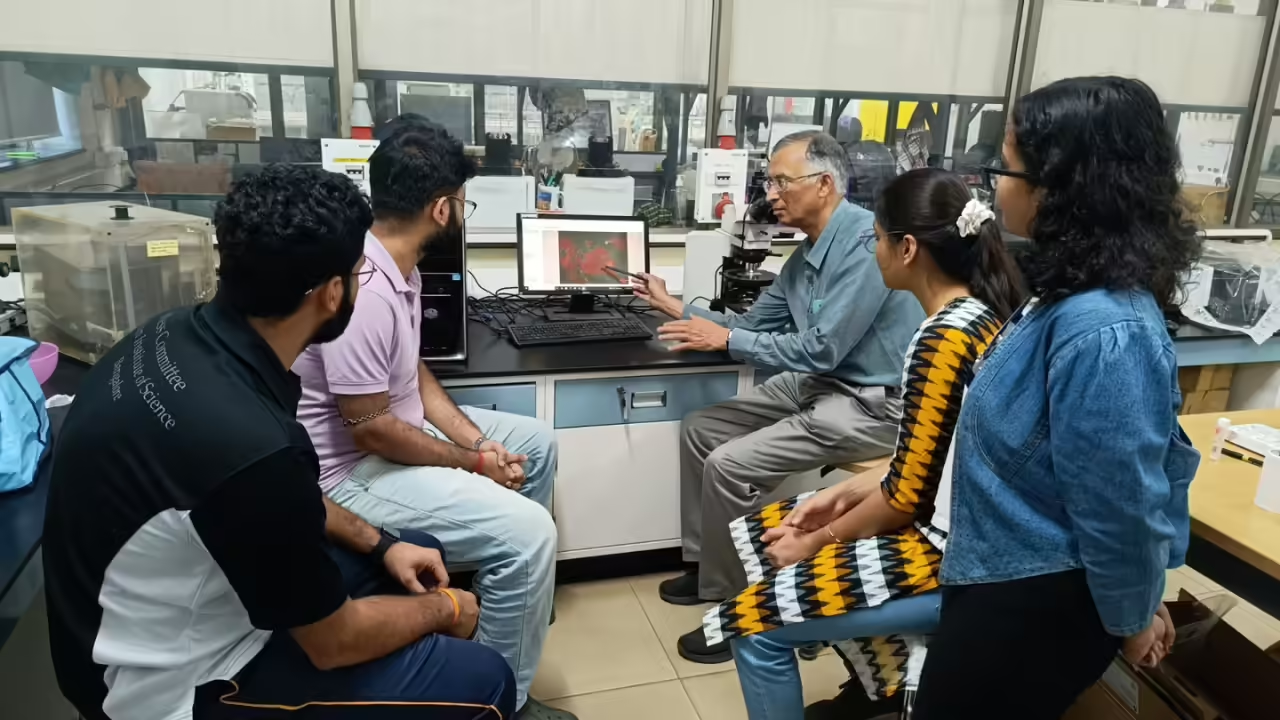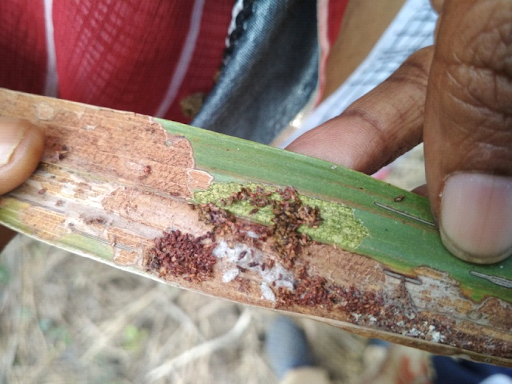Ayush Shetty Wins U.S. Open Badminton Championship
Achievement:
- Ayush Shetty won the prestigious U.S. Open title at Council Bluffs, Iowa.
- He became the first Indian to win a men’s singles title since Lakshya Sen’s 2023 Canada Open
Performance:
- Known for consistent showing against top international players such as:
- Loh Kean Yew
- Kidambi Srikanth
Turning Point:
- Moved from Karkala to Bengaluru at age 9 to pursue badminton professionally.
- Trained under Krishna Kumar at SPORTS academy.
Training and Growth:
- Mentored by:
- Prakash Padukone Badminton Academy
- Olympian Vimal Kumar
- Coach Sagar Chopda
- Notable milestones:
- Bronze medal at 2023 World Junior Championships
- Finalist at Asian Junior Championships
- Strong performance in national challenge/senior international series
Quotes:
- Sagar Chopda (Coach):
- “Ayush is focused on reaching the top-10 in the world rankings.”
Ayush: Wants to use this win as a springboard to achieve greater success.
Liver Cancer Detection – IISc Innovation
1. Overview
- Institution: Indian Institute of Science (IISc), Bengaluru.
- Breakthrough: Development of a luminescent probe using terbium, a rare-earth metal.
- Purpose: Detect presence of enzyme beta-glucuronidase, linked with liver and other cancers.
2. What is Beta-Glucuronidase?
- An evolutionarily conserved enzyme found in various life forms.
- Plays a role in breaking down glucuronic acid.
- Linked with:
- Cancers (liver, colon, breast, renal)
- Infections (urinary tract, AIDS)
3. Innovation by IISc
- Probe uses terbium ions embedded in a gel matrix from bile salts.
- Detects fluorescence when exposed to beta-glucuronidase.
- Molecule used: 2,3-DHN (2,3-dihydroxynaphthalene) masked with glucuronic acid.
4. Mechanism
- Beta-glucuronidase cleaves glucuronic acid → releases 2,3-DHN.
- 2,3-DHN absorbs energy and transfers it to terbium ions, producing bright green fluorescence.
- This method improves clarity by reducing background noise.
5. Advantages
- Simple paper-based sensor.
- Cost-effective and easily accessible.
- Suitable for resource-limited settings.
- Can be visualized using UV lamp and smartphone.
6. Project Background
- Initiated nearly a decade ago.
- Rooted in long-term research on rare-earth metal fluorescence.
Led by Prof. Uday Maitra, Dept. of Organic Chemistry, IISc.
Black-Headed Caterpillar Infestation (Opisina arenosella)
Context:
- Widespread infestation of Black-Headed Caterpillar is affecting coconut plantations across Karnataka.
- CM Siddaramaiah has directed the Horticulture Department to submit an expert panel report and action plan.
Major Affected Districts:
- Mandya,Tumakuru,Bengaluru Urban & Rural,Kolar,Mysuru,Chamarajanagar,Hassan
About the Pest:
- Scientific Name: Opisina arenosella
- Type: Moth species and major pest of coconut palms.
- Region Found: India, Sri Lanka, Bangladesh, Myanmar, Indonesia (East Asia).
Nature of Damage:
- Resides in silken galleries under coconut leaves.
- Feeds on green leaf tissue, reducing photosynthesis.
- Severe infestations can lead to up to 80% yield loss.
- Affects farmer incomes and regional coconut economy.
- Entire life cycle (larva to moth) is completed on coconut trees.
- Spread: Wind dispersal of moths.
Control Measures:
- Neem-based pesticides – organic and eco-friendly.
- Root nourishment and Integrated Nutrient Management (INM) – for plant health.
- Biological control – release of Goniozus parasitoids, which target the caterpillar larvae.




